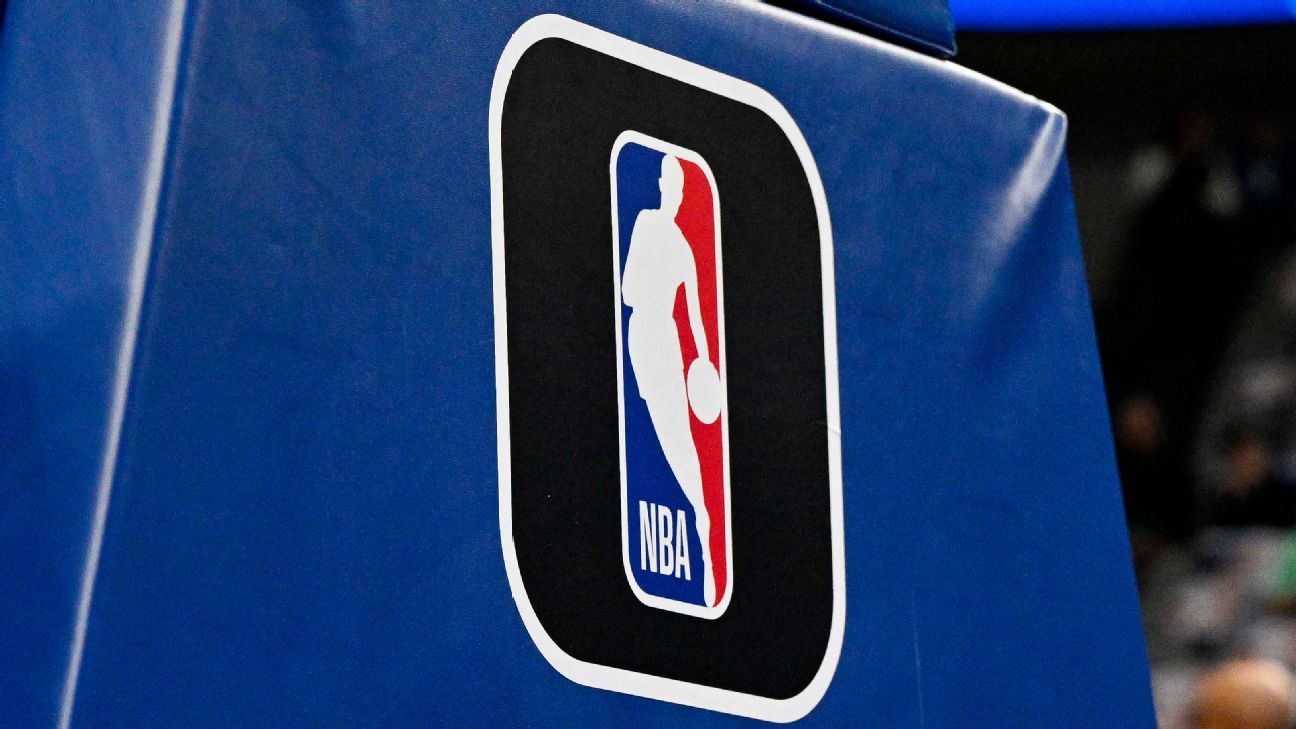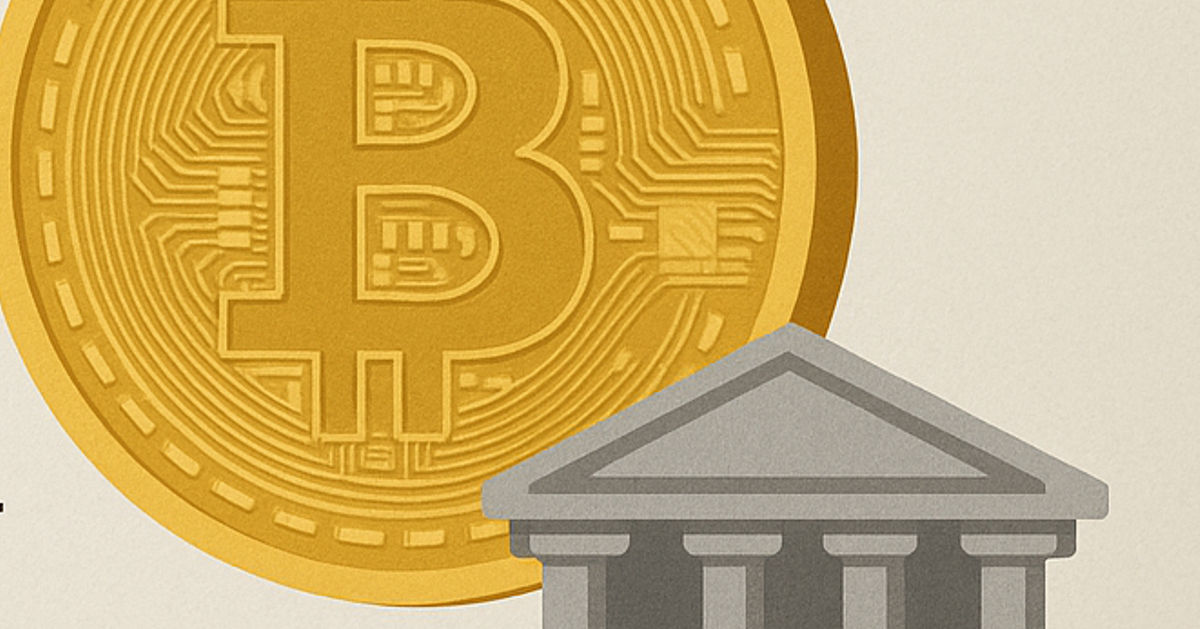Startup Founder's $175M JPMorgan Fraud: Bank Now Footing Legal Bills!

JPMorgan Chase & Co. has been burdened with a staggering $115 million in legal bills for Charlie Javice and Olivier Amar, who were convicted of defrauding the bank. This defense tab, disclosed following Javice's seven-year prison sentencing, represents approximately two-thirds of the $175 million JPMorgan paid to acquire Javice's student-finance company, Frank. A Delaware court's prior ruling mandated that the terms of the merger agreement obliged the bank to cover the legal expenses for both Javice and Amar, adding another complex layer to this protracted legal battle that has drawn considerable attention across Wall Street.
The root of the scandal lies in the acquisition of Frank by JPMorgan, a deal that was based on fraudulent claims. Javice and Amar were found guilty by a New York jury of fabricating data, asserting that their platform – which offered a free tool for students to complete the Free Application for Federal Student Aid – boasted 4.25 million users, when in reality it had fewer than 300,000. A data scientist provided testimony during the trial, revealing he was paid $18,000 by Javice to generate "synthetic" user data to mislead JPMorgan during the acquisition process.
The obligation for JPMorgan to cover these substantial defense costs stems from a 2023 Delaware court decision. The court determined that the fraud allegations were indeed covered by the Frank merger agreement, which specifically required the bank to advance legal costs for Javice and Amar. Both individuals had assumed executive roles at JPMorgan after the deal concluded but were subsequently terminated once the fraud came to light, highlighting the bank's contractual entanglement despite being the victim of the deception.
The magnitude of the $115 million legal expense is considerable, appearing to significantly surpass the defense costs in other high-profile cases, such as that of Theranos Inc.'s Elizabeth Holmes, whose legal bills reportedly amounted to at least $30 million. To illustrate the scale, a high-priced lawyer billing $2,000 an hour would need to work eight hours every day, including weekends and holidays, for nearly two decades to reach this total. Such figures underscore the immense financial implications of complex, high-stakes litigation involving top-tier legal representation.
The exorbitant costs are attributed to several factors, including the involvement of an "army" of high-priced legal talent. For instance, superstar litigator Alex Spiro, known for representing Elon Musk and working with Quinn Emanuel Urquhart & Sullivan, was charging Javice $2,025 an hour at one point in 2023. At trial, 19 lawyers officially represented Javice, with another 16 for Amar, and their teams pursued distinct strategies on various issues. This extensive roster of legal professionals, along with paralegals and support staff, further amplified the expenditure, especially when the defendants had the backing of a third party covering the bill, allowing them to "leave no stone unturned."
The legal saga is far from over, as the $115 million covers not only the criminal proceedings but also civil lawsuits initiated by JPMorgan itself and the Securities and Exchange Commission, both of which were paused until the criminal case was resolved. Furthermore, Javice is expected to incur additional expenses for appealing her conviction and sentence. Her lawyers have indicated in recent court filings that they anticipate JPMorgan will continue to cover these ongoing appeal costs, extending the bank's financial liability.
While JPMorgan has attempted to recover these funds, US District Judge Alvin Hellerstein included the legal costs in a $287.5 million restitution order accompanying Javice's prison sentence. However, Javice's lawyers have requested the judge reconsider this order, arguing that JPMorgan is not entitled to recover defense legal costs. Even if the order stands, the bank is unlikely to reclaim more than a small fraction of the total, as Javice is only required to pay 10% of her income toward the order after her release from prison, and the order itself expires in 20 years.
During the trial, both Javice and Amar attempted to deflect blame onto JPMorgan, asserting the bank's hurried and flawed due diligence. However, the judge, in determining Javice's sentence, explicitly stated he was considering "her conduct, not JPMorgan’s stupidity." Amar also unsuccessfully tried to distance himself from Javice, claiming she deceived him as well as JPMorgan. Notably, an investor and Frank board member, Apollo Global Management CEO Marc Rowan, testified for the defense and later wrote to Judge Hellerstein advocating for leniency for Javice.
You may also like...
Super Eagles Set Sights on AFCON 2025 Glory, Despite Doubts from Greek Champion

Super Eagles captain William Troost-Ekong aims for AFCON 2025 gold in Morocco, learning from past experiences and leadin...
NBA Rocked by Gambling Scandal: Players, Coaches, and League Grapple with 'Dire Risks'

The NBA is aggressively re-evaluating its stance on sports betting regulations and player protection following federal i...
Funding Frenzy in Tokyo: 'Filipinana' and 'Garuda' Make Waves at Gap-Financing Market

Two distinct cinematic ventures, Indonesian animated feature “Garuda: Dare to Dream” and Rafael Manuel’s debut live-acti...
Hollywood Shockwave: Paramount Skydance Axes 1,000 Employees Amidst Industry Upheaval

Paramount Skydance is set to cut approximately 1,000 jobs this week as part of a major cost-reduction initiative followi...
Music Meets Diplomacy: Shakira & The Weeknd Join Global Board with Star-Studded Lineup!

Shakira and The Weeknd have joined the FIFA Global Citizen Education Fund's Advisory Board, aiming to make education mor...
KPop Phenomenon: HUNTR/X's 'Golden' Dominates Global Charts for 13 Weeks!

HUNTR/X's "Golden" from <i>KPop Demon Hunters</i> reclaims the No. 1 spot on both Billboard Global 200 and Global Excl. ...
Must-Watch Horror Masterpiece (92% RT) Now Streaming For Free!

The critically acclaimed horror film 'Barbarian', boasting a 92% Rotten Tomatoes score, will soon be available for free ...
Major UK Airline, Serving 1.3 Million Annually, Faces Imminent Collapse!

Eastern Airways, a UK airline operating since 1997, is reportedly nearing administration after filing a notice of intent...



